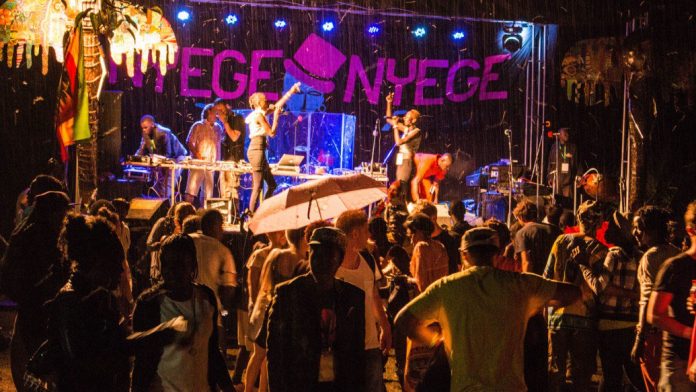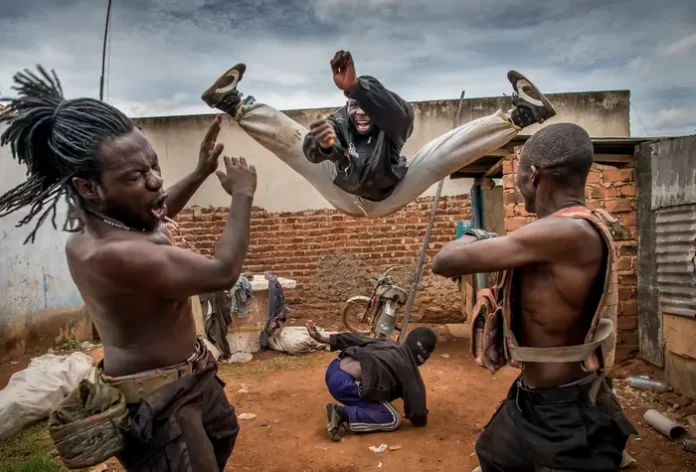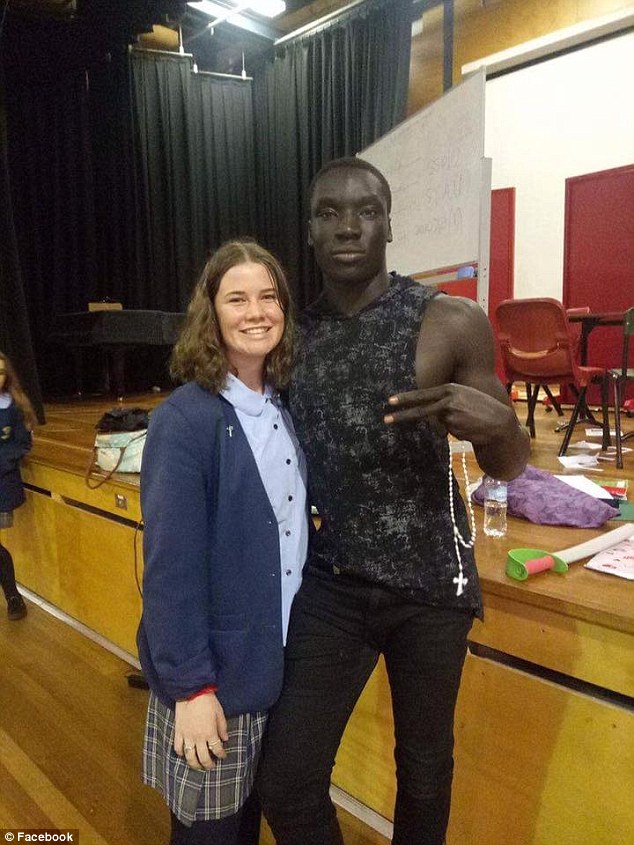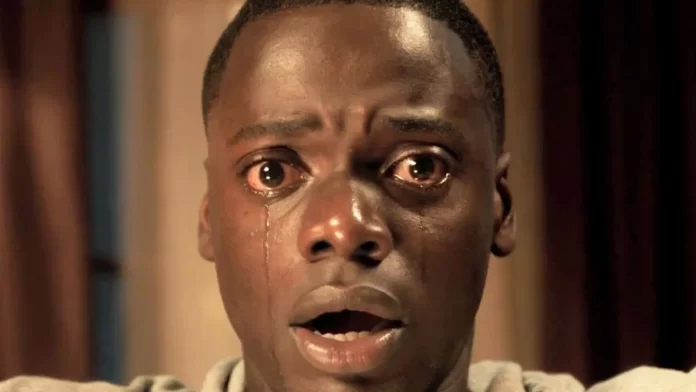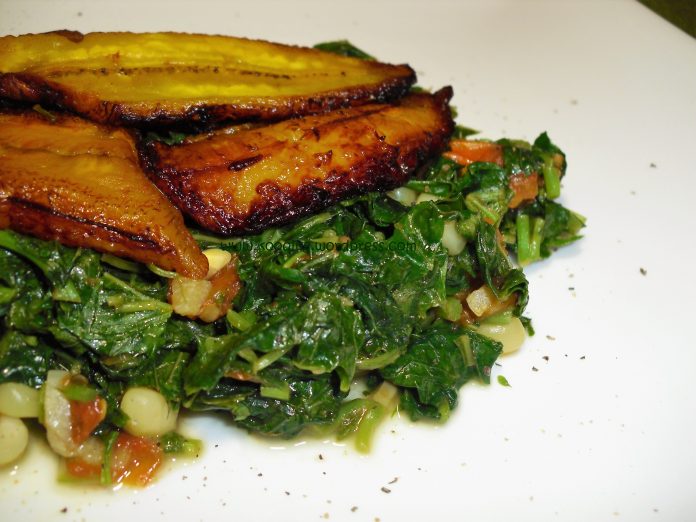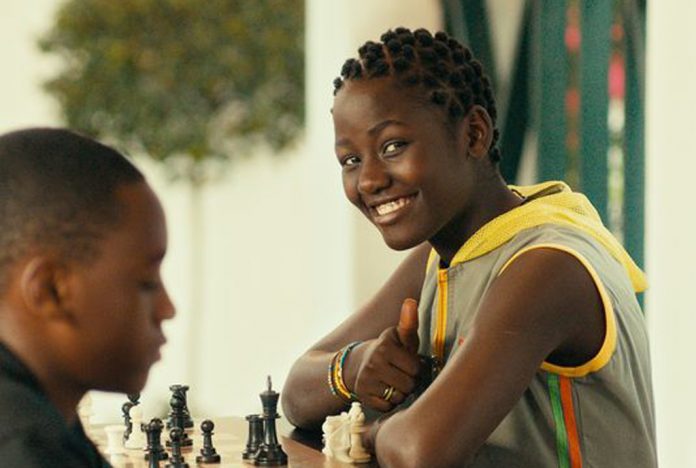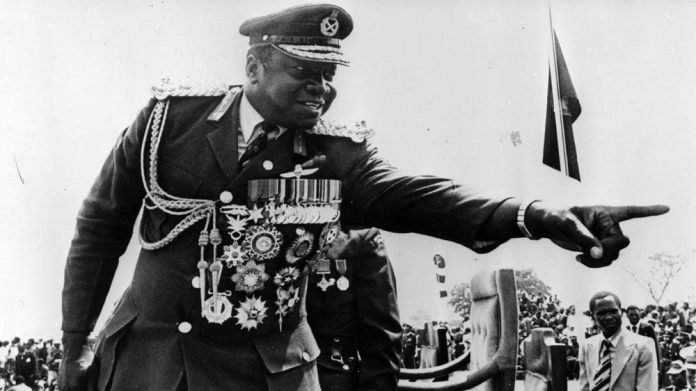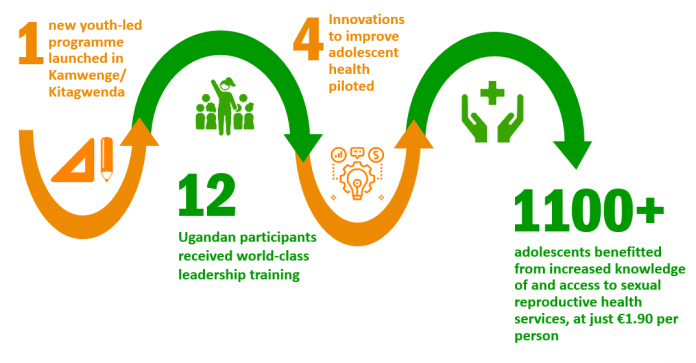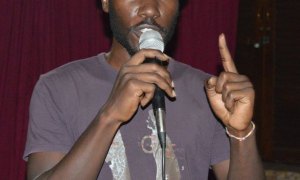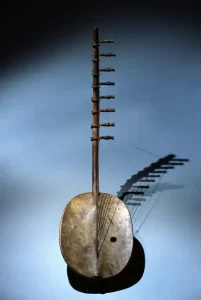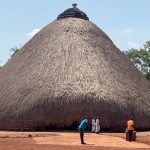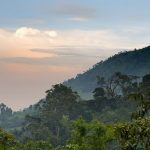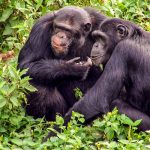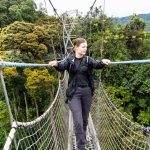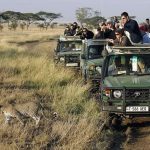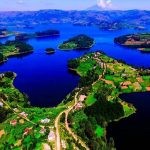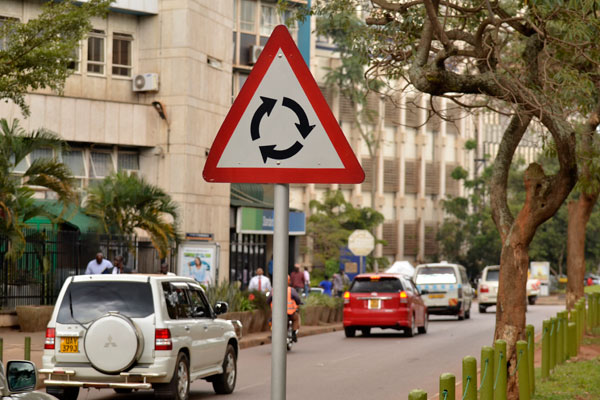Joel Loum Okumu, 17, arrived in Australia from Uganda without one word of English. Now he’s about to perform Shakespeare with one of the biggest theatre companies in the country.
Joel Loum Okumu’s almost 6’3″ stature takes center stage in the drama room of St Francis Xavier’s College in the NSW port city of Newcastle.
The Year 12 graduate turns his head and surveys the black curtained auditorium.
The tempo of the rise and fall of his chest slows as he prepares to take himself into the dark world of Hamlet, the antihero of the Shakespearean tragedy of the same name.
Joel is about to perform his interpretation of Act 1, Scene 5 – when the spirit of Hamlet’s father appears asking for his murder to be avenged.
It’s a performance national theatre company Bell Shakespeare describes as “unlike anything [they] had ever seen”.
It compelled Bell Shakespeare to award him its inaugural John Bell Scholarship, designed to give young Australian thespians the opportunity to become the luminaries of the future.
Joel will travel to Bell Shakespeare’s headquarters in Sydney this month to spend a week participating in master classes, observing the company’s rehearsals of Richard III, and performing in a showcase.
Evelina Singh of Emmanuel College and Nikhil Singh of Bray Park State High School in Queensland will be joining him.
When Joel – who first began acting in Year 11 – was told he had secured the honor, he thought he was being pranked.
“I actually couldn’t believe it, because I was like, ‘hey wait for a second, how the hell did I beat people who have done acting way longer than I have?!” he told SBS News.
Joel competed against nearly 200 students from around Australia for the scholarship.
“I really couldn’t believe it when my teacher told me, Kirsten [Beletich], then I’m like, ‘wait for a second, I actually won it!’”
Bell Shakespeare head of education Joanna Erskine says Joel had “an incredible connection” to the performance he gave for his audition.
“Traditionally Shakespearean monologues or performances are quite polished, often students perform quite kind of effected or almost British accents, that kind of thing,” Ms. Erskine says.
Joel performs the two characters in the scene, Hamlet and the ghost of Hamlet’s father, as one person, incorporating elements of Nigerian witchcraft to accentuate how Hamlet’s father comes to channel his spirit through his son.
“This was raw, it was emotional. It was connected,” Ms. Erskine says.
“It was an interpretation we had never seen before, which is what excites us.”
Joel Okuma performs his rendition of ‘Hamlet’ Act 1, Scene 5.
Joel Okuma performs his rendition of ‘Hamlet’ Act 1, Scene 5.
From Uganda to Australia
It has been no easy feat to take command of Shakespeare’s difficult language.
Joel arrived in Australia at the age of five without knowing one word of English.
He recalls his first days at school in the Newcastle suburb of Waratah where his family settled.
“So when my friends asked me, ‘oh what are you eating?’ – ’cause I’d be eating African food – and they’d be like, ‘can I have some?’ and all I knew was the word, ‘yeah’, but I meant ‘no, I’m hungry too!’
“So I said ‘yeah, and they just took it!”
It wasn’t until the age of 12 he felt he had developed a strong grasp of English. But once he had it, he says there was no turning back.
“English is a crazy language, when you’re learning it you go, ‘woah, damn they have a lot of words,” he says.
“When Shakespeare’s writing his plays, I’m really a big fan of the way he writes and uses words that nobody knows, like who knows the words ‘cantankerous’ these days, or ‘superfluous’… who uses that?”
Joel (second from right) with his brother Emmanuel (far right), cousin Patrick (far left), teacher Kirsten Beletich( second left), and classmate Ivanya
Joel (second from right) with his brother Emmanuel (far right), cousin Patrick (far left), teacher Kirsten Beletich( second left), and classmate Ivanya
When Joel arrived in Australia at the age of five, it was a “shock” to see the luxury that characterized his new home of Newcastle. The houses lined spaciously down streets were as novel as his first sip of a soft drink: “Woah are you serious?”
But his new life was not as idyllic as he had imagined it would be. He lost his beloved mother when he was just seven years old.
During his process of recovery, his love for the arts developed. He began acting, but also indulging in books and expressing himself through rap music – a poetry he esteems along with the Bard.
Receiving this opportunity with Bell Shakespeare, he says, has been a crowning achievement.
“I feel awesome…just to be part of the scholarship, because I never knew it was going to happen.”
oel was drawn to Shakespeare through Tupac, who praised the playwright
oel was drawn to Shakespeare through Tupac, who praised the playwright
This article was written by Andrea Booth and it first appeared on SBS.
Like this story? Or have something to share? Write to us: info@thisisuganda.org, or connect with us on Facebook and Twitter (@thisisuganda_).

